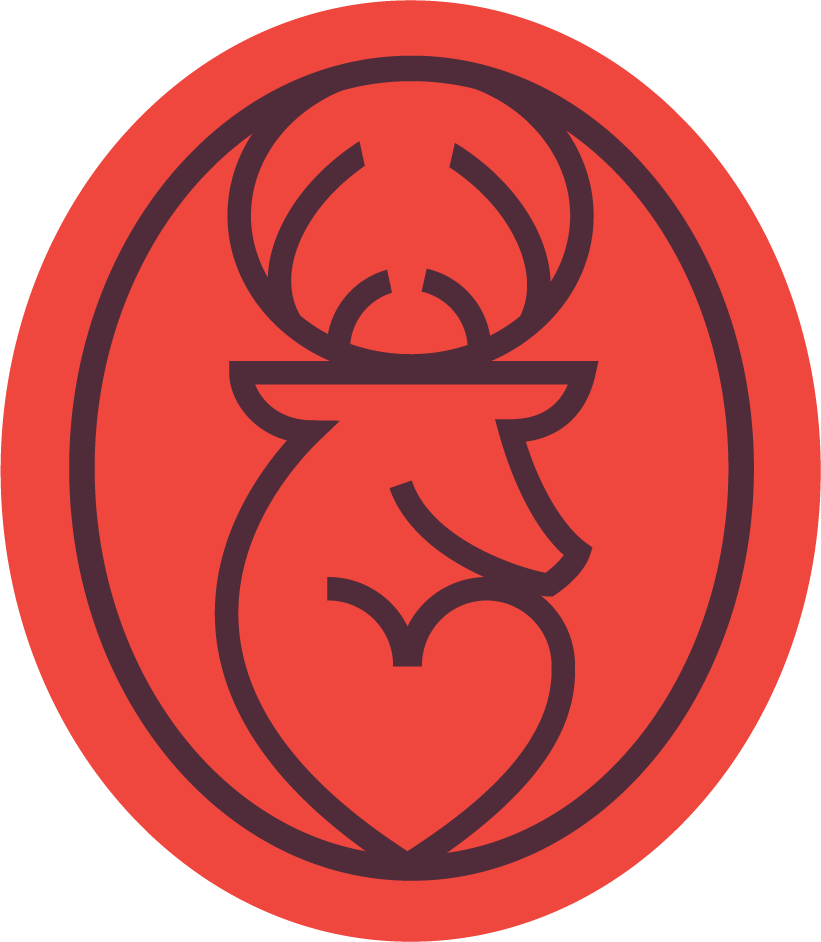The Trauma of Medicine (and how to survive it)
“Medicine is a traumatizing system,” says Dominic Corrigan, MD, a pseudonym for the founder of Physicians Anonymous “The military and people that work in police and prisons — along with medicine — these are massively traumatizing systems.”
But unlike soldiers, doctors come home daily to a family and/or community that often has little idea what their daily lives are really like.
This is partly because, doctors often don’t talk about it.
They hang up their white coat, walk out into the night and head home, trying to shed the scenes of human grief and pain.
Physicians are well trained to look like everything is fine — even at home.
Imposter syndrome and systemic barriers to seeking help create adds a layer of isolation, forcing physicians to suffer in the closet.
Isolation, being alone in the experience of trauma, can lead to serious mental health problems and even suicide.
The effects of trauma can sneak up on you over time.
“I didn’t recognize the trauma that I was taking in,” says Corrigan, who left medicine after burning out with concurrent depression and addiction.
Trauma is also a family experience.
Healing can be a family experience, too.
Share your experiences with loved ones and professionals.
In the end, self-care ought to be preventative in nature. Not as a 911 call for help.
Need help?
Here are some ways to minimize the trauma of medicine:
Normalize the trauma of medicine. It’s okay to find it difficult. You’re human beings first. Talk about it with your loved ones and professionals.
Let go of perfectionism. Figure out what you can control and what you can’t. Practice letting go.
Take care of yourself spiritually and psychologically: meditation, prayer, mindful exercise, therapy, coaching, etc.
Treat your body as an instrument of healing. “Not teaching a doctor that they must take care of themselves is like teaching a soldier that they never have to fire a weapon,”says Robert Ellis DO, PhD, assistant professor of medicine at the College of Osteopathic Medicine of the Pacific.
